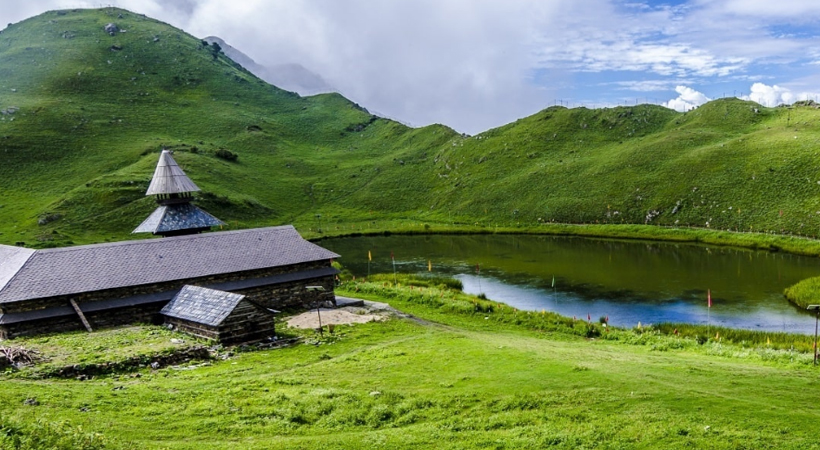Himachal’s tourism sector remains ‘locked’ despite the ‘unlocking’

The Himachal Pradesh government has decided to reopen businesses, including restaurants and hotels, as part of ‘Unlock 1.0’, but the state’s hotel and tourism sector stakeholders are not looking at commencing operations immediately.
The industry has decided to keep out of business until at least September, given that the inter-state borders, the principal gateway to Himachal, are still closed for tourists and outsiders. It is also concerned about operational safety.
Kullu-Manali, the state’s tourism hotspot, has been hit badly due to the coronavirus crisis. The impact has been so widespread that more than 100,000 people have been rendered jobless in the district.
Adventure sports activities like river-rafting, paragliding, river-crossing, mountain-hiking and travel planning have all come to a standstill. Apart from these, taxi operators, dhaba and restaurant owners, hoteliers, photographers and village women, who were earning livelihood by offering local dresses to tourists, have been adversely affected.
The district usually witnesses a huge tourist influx during April, May and June. But not this time.
In Kullu district, there are more than 320 agencies having around 400 pilots who are registered for paragliding. Similarly, over 100 agencies are registered for undertaking river-rafting activities for tourists.
Himachal Tourism Secretary Devesh Kumar had last week convened a high-level meeting to explore ways to unlock the state where tourism is one of the biggest sources of economic activity. The industry leaders present at the meeting, however, conveyed their unanimous decision to remain shut.
The state government has allowed the hotel industry to start bookings, but with restrictions on entertaining non-resident tourists from other states and abroad. Locals or those travelling for official meetings, business tie-ups and emergencies are the only ones allowed to book rooms. The restaurants can’t serve food but are allowed ‘carry home’ service.
According to norms, anyone entering the state is required to undergo a 14-day home quarantine. Those coming from abroad are required to be sent to seven-day institutional quarantine and seven-day home quarantine.





